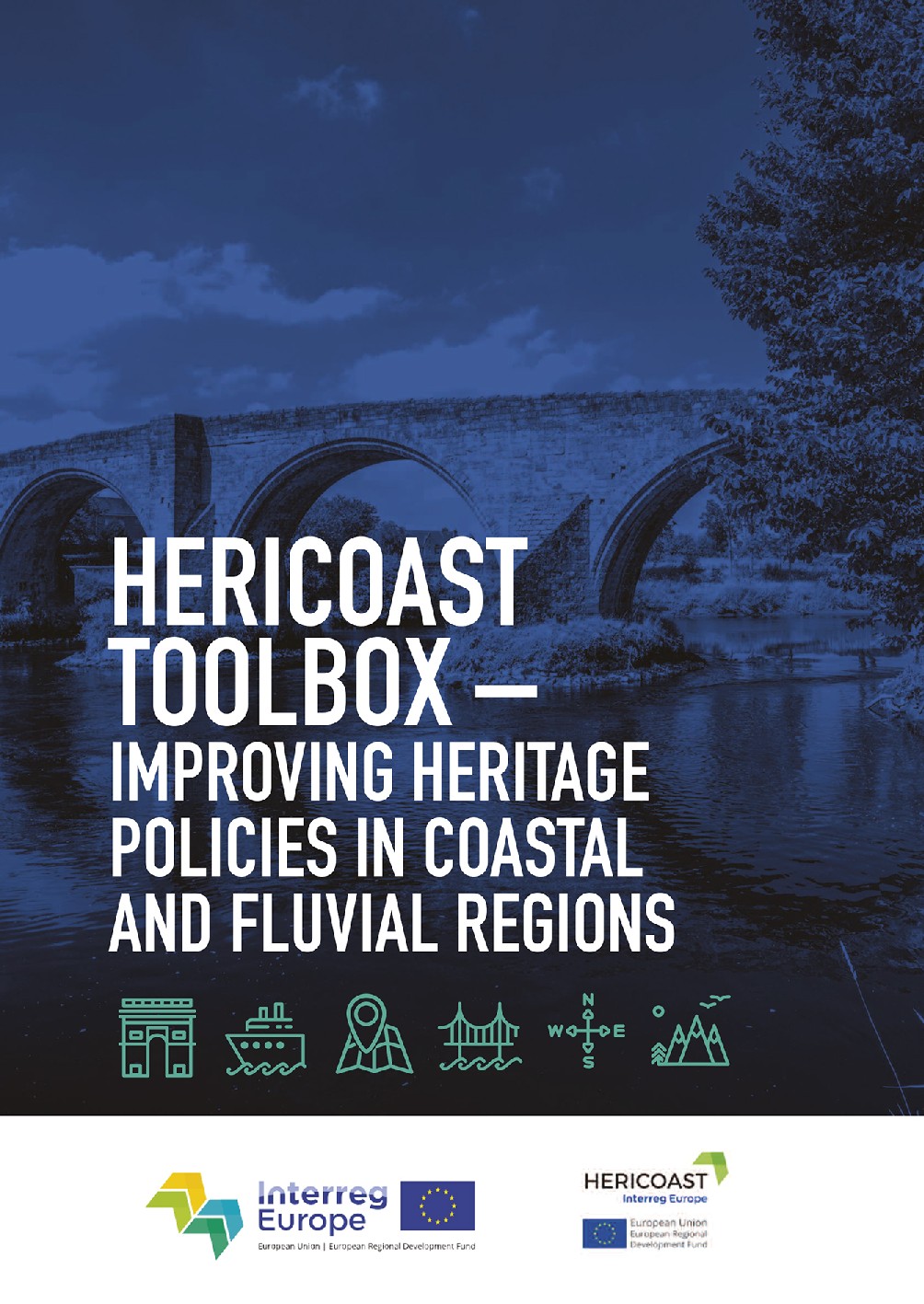A presentation was given that outlined the project details, in particular the management of the significant heritage assets of the coastal landscapes.14 stakeholders attended the meeting .The following individual elements of the landscape and more importantly their interrelationships were presented:
• The sea
• Synergy between the land and sea
• The coastal edge
• Coastal Diversity
• The islands
• Interdependencies between land and sea
• Coastal leisure use
• Built heritage
• Maritime architecture
• Military heritage
• Visiting experience
• Opportunities for positive coastal development
• Iconic landmarks
The focus of the meeting was very much on the opportunities that coastal heritage presents within the Glenties Municipal District and the wider region. It was suggested that the balance between development and heritage was delicate but important and that we “shouldn’t kill the goose that laid the golden egg”.
The many key heritage assets within this municipal disctrict were highlighted including :
- Doe Castle, dating from the 1400s is a significant historical castle with an iconic location on the shores of Sheephaven Bay.
- Arranmore, the largest inhabited island off Donegal and located within ‘An Gaeltacht’ a Native Irish (Gaelic) speaking region of the Country.
- Tory Island, the most remote inhabited island of Ireland, also within the Gaeltacht it is steeped in cultural, historical, environmental and seafaring history.
Conclusion:
Stakeholders welcomed the positive impact of the project on the future management of Donegals significant heritage offer, and the resultant development pressures. Also discussed was the potential of the project in informing applications for future funding, highlighting the importance of learning from the 10-15yrs on such projects and the potential for other projects on coastal heritage flowing from the HERICOAST project.
It was suggested that there is immense possibilities arising from this project including the potential for a coastal heritage trail and including Mortello towers, built throughout the British Empire during the 19th Century, and lighthouses amongst others, with the policy structure that would avoid conflict between such developments and the built, natural and cultural heritage.



